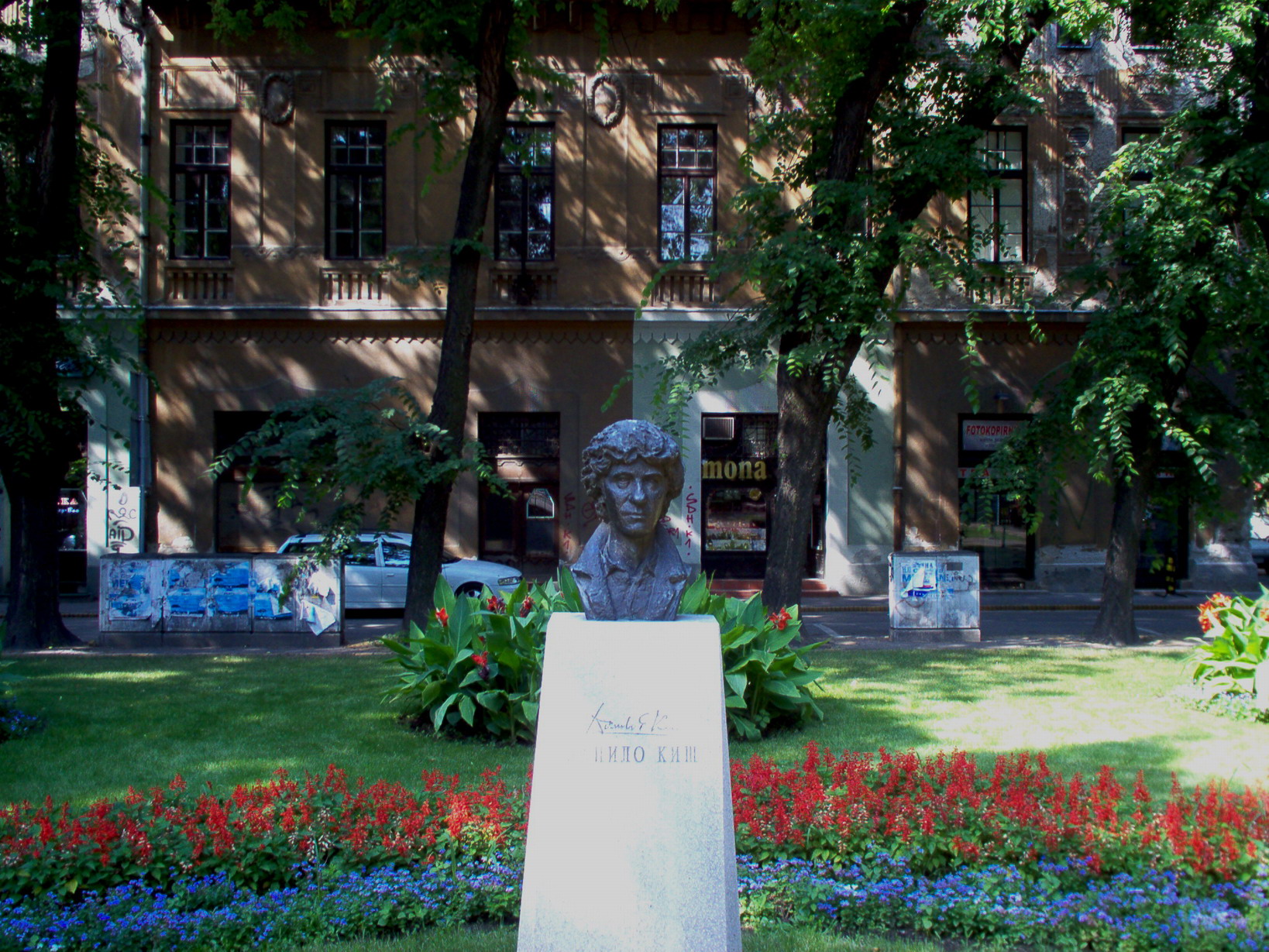|
Hourglass (Kiš Novel)
''Peščanik'' is a 1972 novel by Yugoslav novelist Danilo Kiš, translated as ''Hourglass'' by Ralph Manheim (1990). Hourglass tells the account of the final months in a man's life before he is sent to a concentration camp, and is the author's best known work. Hourglass is in part based on the life of the author's Jewish father, who was murdered in Auschwitz Auschwitz concentration camp ( (); also or ) was a complex of over 40 concentration and extermination camps operated by Nazi Germany in occupied Poland (in a portion annexed into Germany in 1939) during World War II and the Holocaust. It con ....David G. Roskies, Naomi Diamant - Holocaust Literature: A History and Guide - Page 277 1611683599 2012 "If this sounds vaguely familiar, it is because this novel by the Serbo-Croatian Danilo Kiš hearkens back to Borges's 1943 ... Hourglass can also be read as the author's loving portrait of his Jewish father, also named Eduard and also a retired ..." References {{reflist 1972 ... [...More Info...] [...Related Items...] OR: [Wikipedia] [Google] [Baidu] |
Danilo Kiš
Danilo Kiš (; born Dániel Kiss; 22 February 1935 – 15 October 1989) was a Yugoslav novelist, short story writer, essayist and translator. His best known works include ''Hourglass'', ''A Tomb for Boris Davidovich'' and '' The Encyclopedia of the Dead''. Life and work Early life Kiš was born in Subotica, Danube Banovina, Kingdom of Yugoslavia (now Serbia). Kiš was the son of Eduard Kiš ( hu, Kis Ede), a Hungarian-speaking Jewish railway inspector and Milica (née Dragićević), a Serbian Orthodox Christian from Cetinje. His father was born in Austria-Hungary with the surname Kohn, but changed it to Kiš as part of Magyarization, a widely implemented practice at the time. Kiš's parents met in 1930 in Subotica and married the following year. Milica gave birth to a daughter, Danica, in Zagreb in 1932 before the family relocated to Subotica. Kiš's father was an unsteady and often absent figure in Danilo's childhood. Eduard Kiš spent time in a psychiatric hospital in Be ... [...More Info...] [...Related Items...] OR: [Wikipedia] [Google] [Baidu] |
Auschwitz
Auschwitz concentration camp ( (); also or ) was a complex of over 40 concentration and extermination camps operated by Nazi Germany in occupied Poland (in a portion annexed into Germany in 1939) during World War II and the Holocaust. It consisted of Auschwitz I, the main camp (''Stammlager'') in Oświęcim; Auschwitz II-Birkenau, a concentration and extermination camp with gas chambers; Auschwitz III-Monowitz, a labor camp for the chemical conglomerate IG Farben; and dozens of subcamps. The camps became a major site of the Nazis' final solution to the Jewish question. After Germany sparked World War II by invading Poland in September 1939, the ''Schutzstaffel'' (SS) converted Auschwitz I, an army barracks, into a prisoner-of-war camp. The initial transport of political detainees to Auschwitz consisted almost solely of Poles for whom the camp was initially established. The bulk of inmates were Polish for the first two years. In May 1940, German criminals brought to t ... [...More Info...] [...Related Items...] OR: [Wikipedia] [Google] [Baidu] |
1972 Novels
Year 197 ( CXCVII) was a common year starting on Saturday (link will display the full calendar) of the Julian calendar. At the time, it was known as the Year of the Consulship of Magius and Rufinus (or, less frequently, year 950 ''Ab urbe condita''). The denomination 197 for this year has been used since the early medieval period, when the Anno Domini calendar era became the prevalent method in Europe for naming years. Events By place Roman Empire * February 19 – Battle of Lugdunum: Emperor Septimius Severus defeats the self-proclaimed emperor Clodius Albinus at Lugdunum (modern Lyon). Albinus commits suicide; legionaries sack the town. * Septimius Severus returns to Rome and has about 30 of Albinus's supporters in the Senate executed. After his victory he declares himself the adopted son of the late Marcus Aurelius. * Septimius Severus forms new naval units, manning all the triremes in Italy with heavily armed troops for war in the East. His soldiers embark on an ... [...More Info...] [...Related Items...] OR: [Wikipedia] [Google] [Baidu] |
Serbian Novels
Serbian may refer to: * someone or something related to Serbia, a country in Southeastern Europe * someone or something related to the Serbs, a South Slavic people * Serbian language * Serbian names See also * * * Old Serbian (other) * Serbians * Serbia (other) * Names of the Serbs and Serbia Names of the Serbs and Serbia are terms and other designations referring to general terminology and nomenclature on the Serbs ( sr, Срби, Srbi, ) and Serbia ( sr, Србија/Srbija, ). Throughout history, various endonyms and exonyms have bee ... {{Disambiguation Language and nationality disambiguation pages ... [...More Info...] [...Related Items...] OR: [Wikipedia] [Google] [Baidu] |

